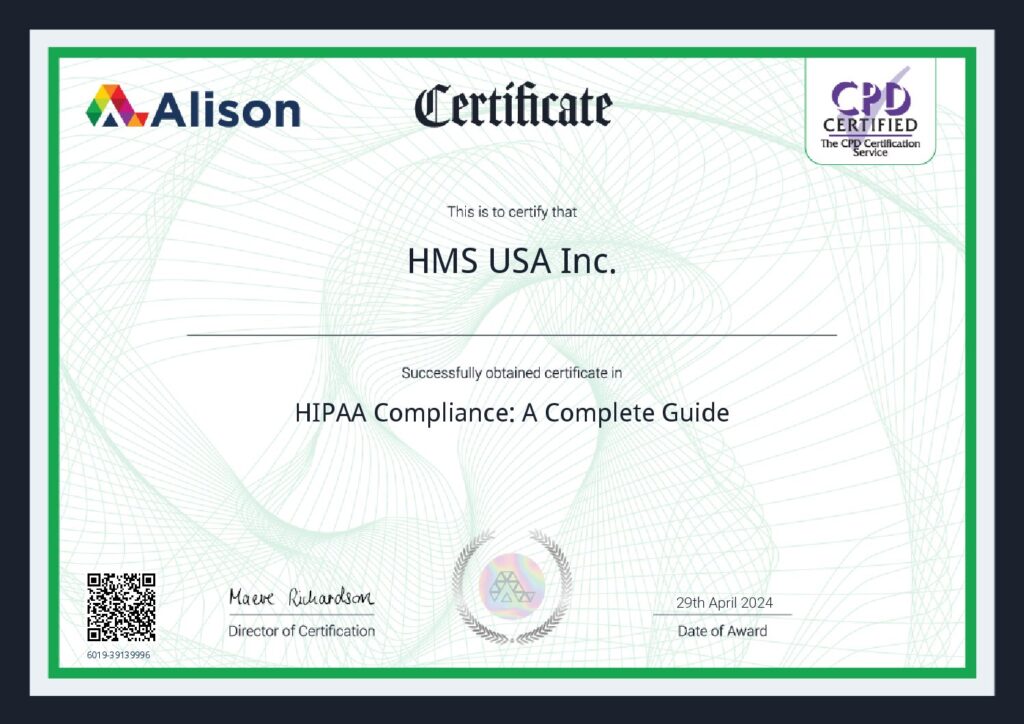In medical billing, denial codes explain why an insurance claim was rejected or paid only partially. One of the most common is the CO-236 denial code, which indicates that a claim could not be processed due to missing or incomplete details. If left unresolved, it can lead to severe payment delays and administrative burden.
Understanding the CO 236 denial code descriptions helps providers, billing teams, and office managers prevent repeat denials. It’s equally important to know related codes such as CO-97 denial code, CO-256 denial code descriptions, and CO-234 denial code, since they highlight other common billing errors.
This guide explains the meaning of CO-236, why it occurs, how to resolve it, and practical tips to avoid future denials.
What is the CO-236 Denial Code?
The CO-236 denial code indicates that an insurance claim was denied due to the absence of critical documentation or details. In other words, the payer could not verify or process the claim without additional information.
Different insurers may apply this code in slightly different ways. For example:
- Medicare may use CO-236 if the physician notes or treatment plans are incomplete.
- Commercial payers might trigger it if prior authorization is missing.
Regardless of the scenario, the core issue is insufficient documentation to support the billed services.
Common Reasons for CO-236 Denials
- Missing or Incomplete Records
One of the primary reasons for a CO-236 denial is the presence of missing or incomplete documentation. If medical notes, test results, prior authorizations, or proof of medical necessity are not submitted with the claim, the payer may not have enough information to process it. Without proper records, the insurer cannot verify the services provided, leading to a denial.
- Coding Mistakes
Errors in coding are another common cause of CO-236 denials. Using incorrect CPT, HCPCS, or ICD-10 codes can create discrepancies between what is billed and what is documented in the patient’s medical records. Even minor coding errors can trigger mismatches, resulting in claim rejections.
- Insurance Coordination Problems
When multiple insurance plans are involved, confusion about which payer is responsible can lead to denials. If the coordination of benefits (COB) is unclear or incorrect, the claim may be denied until the primary payer is identified and billed correctly. Properly updating insurance details and verifying coverage can help prevent this issue.
Struggling with repeated denials? Explore our professional medical billing and denial management services at HMS Group Inc. to reduce claim rejections and improve reimbursements.
CO-256 Denial Code Description
The CO-256 denial code indicates that a claim was denied because the insurance company required pre-approval (also known as prior authorization or pre-certification) for the service before it was provided, but it wasn’t on file.
This typically occurs with expensive or specialized treatments, such as surgeries, advanced imaging (MRI, CT scans), or hospital stays. Every insurance plan has its own rules regarding which services require approval, so providers must check with the payer before treating the patient.
In short, CO-256 indicates that the service wasn’t approved in advance, which is why the claim wasn’t paid.
How CO-236 Differs from Other Denial Codes
- CO-256 denial code descriptions – Claim denied due to missing pre-approval (prior authorization).
- CO-97 denial code – The service is considered part of another bundled payment and cannot be billed separately.
- CO-234 denial code – The service was billed more times than the payer allows.
The key difference is that the CO-236 denial code occurs when information is incomplete or unclear, rather than due to coverage or frequency rules.
How to Resolve a CO-236 Denial Code
A CO-236 denial occurs when an insurance payer is unable to process a claim, typically due to missing or unclear information. Here’s how to handle it step by step:

- Review the Denial
Start by checking the Explanation of Benefits (EOB) or Remittance Advice to see why the claim was denied.
- Collect Documents
Gather all necessary information for the payer, including medical records, prior authorizations, and patient insurance details.
- Fix and Resubmit
Correct the errors and send the claim again within the payer’s deadline.
- Keep Records Accurate
Ensure that all services are clearly documented in the patient’s chart and coded accurately. Small coding mistakes often lead to denials.
- Talk to the Payer
Sometimes denials occur due to confusion about coverage rules. Speaking directly with the payer can clarify things and prevent recurring issues.
- File an Appeal if Needed
If the claim is still denied, submit an appeal with a clear explanation, medical proof, and all required paperwork. Appeals filed on time have a much better chance of success.
Tips To Prevent Future CO-236 Denials
- Train Your Team: Make sure billing staff stay updated on payer policies and coding rules.
- Regular audits help catch mistakes before claims are sent.
- Utilize Technology: Denial management software can track patterns and flag potential issues early.
- Learn from Other Denials: Comparing CO-236 with similar codes, such as CO-256 and CO-234, can help identify common errors and prevent them.
Key Points to Remember When Dealing with Denial Code CO-236
- CO-236 typically occurs due to the coordination of benefits issues.
- Resolving denials requires thorough documentation, effective communication with payers, and timely appeals.
- Prevention is the best strategy; training, audits, and innovative tools make a big difference.
- Examining related codes helps identify and resolve recurring problems.
- Managing denials proactively protects revenue and keeps the billing process running smoothly.
Final Thoughts
Understanding the CO-236 denial code is crucial for healthcare providers seeking to enhance their revenue cycle performance. By applying effective resolution strategies and prevention measures, providers can minimize disruptions in cash flow and reduce administrative burden.
For organizations seeking expert guidance, professional billing support plays a vital role in reducing denials and improving reimbursement outcomes.
Contact HMS Group Inc. today for reliable medical billing and denial management services that safeguard your revenue and streamline your billing processes.
FAQs
What does the CO-236 denial code mean in medical billing?
The CO-236 denial code indicates that the insurance company requires additional information before it can process the claim. This usually happens when some information is missing, incorrect, or unclear.
Why do claims get denied with CO-236?
Claims may be denied for reasons such as missing patient information, incorrect billing codes, lack of prior authorization, or issues with primary and secondary insurance coverage.
How can I fix a CO-236 denial?
Start by checking the explanation of benefits (EOB) from the insurance company. Ensure all patient and billing details are accurate, add any missing paperwork, confirm insurance coverage, and then resubmit the claim.
How is CO-236 different from CO-97 or CO-256 denial codes?
CO-236: Missing or incomplete documentation/coordination of benefits issue.
CO-97 denial code: The service is included in another bundled payment, not payable separately.
CO-256 denial code: Missing prior authorization or required pre-approval documentation.
How can providers avoid CO-236 denials in the future?
To avoid CO-236 denials, providers should double-check patient and insurance details, maintain complete records, train staff on accurate coding, and conduct regular claim reviews to identify errors early.








